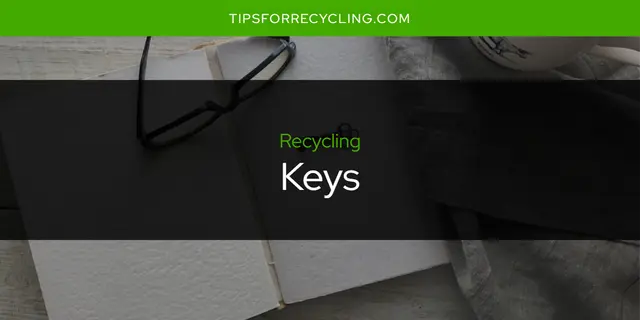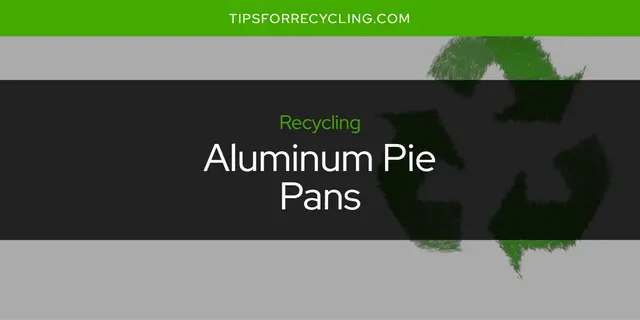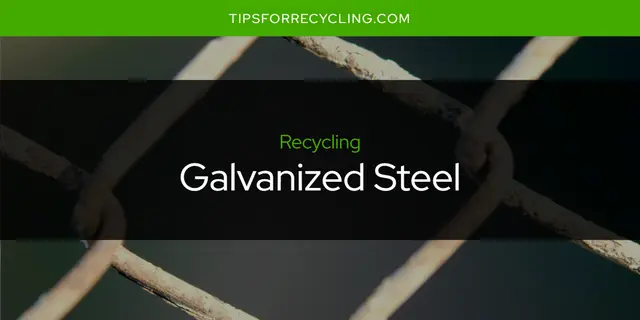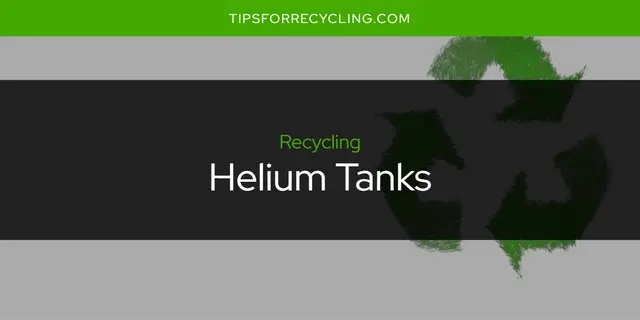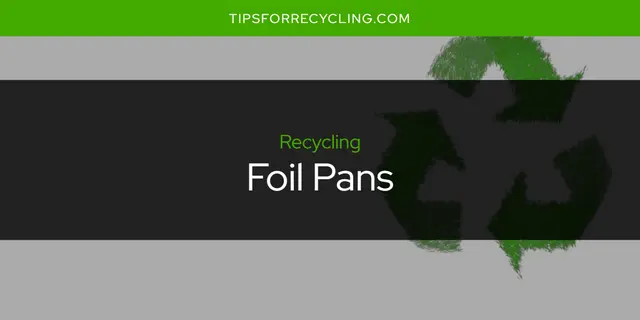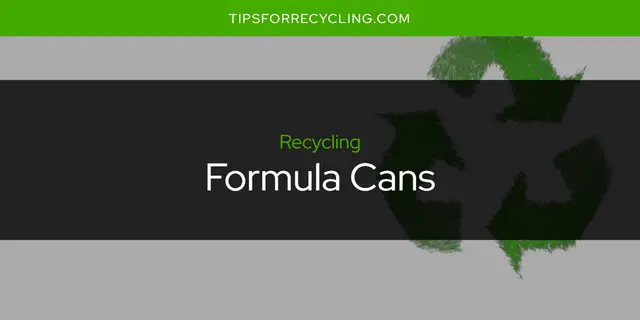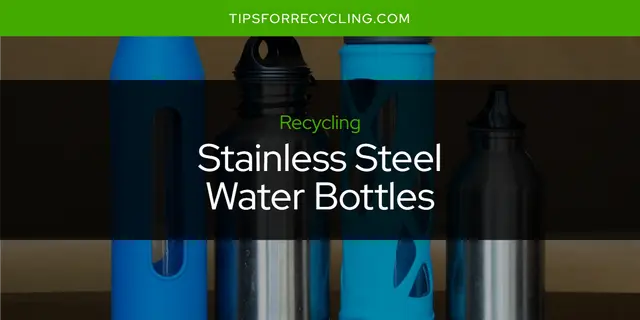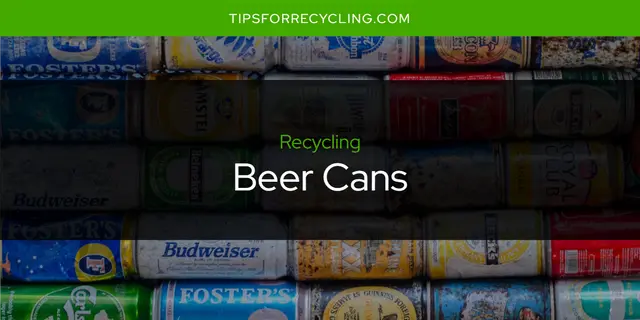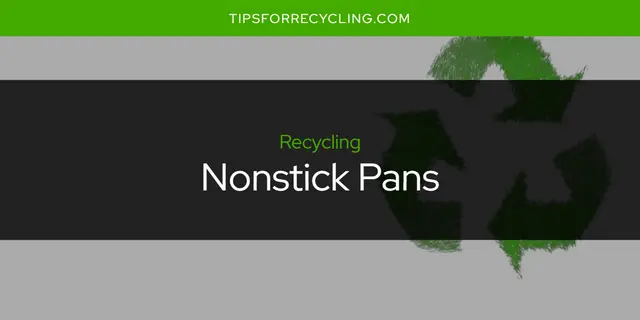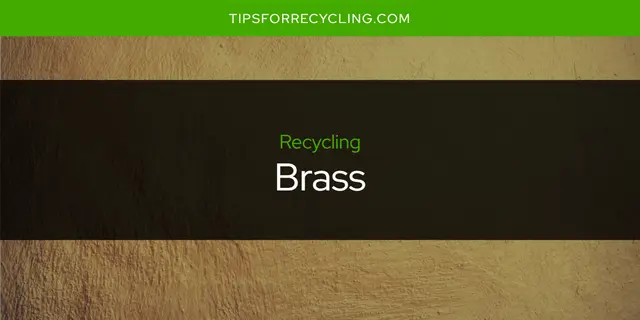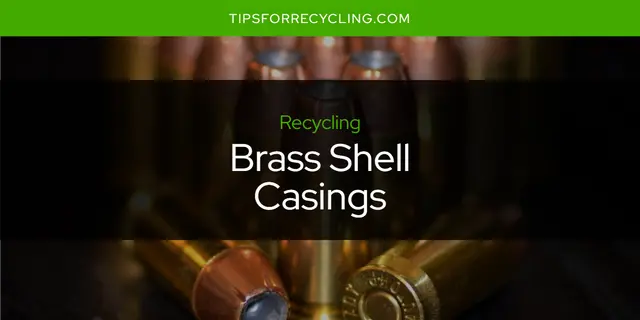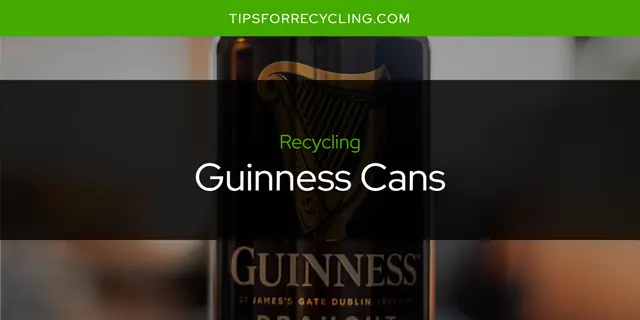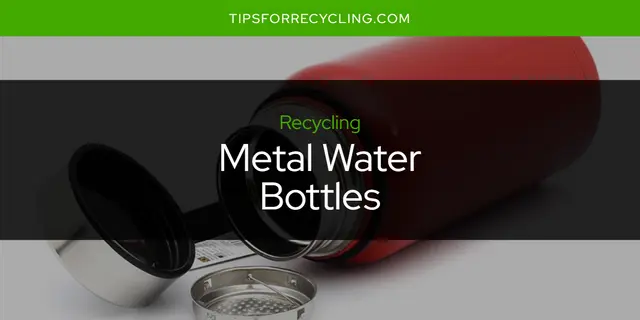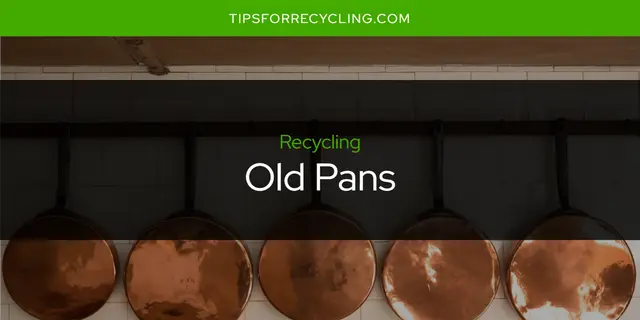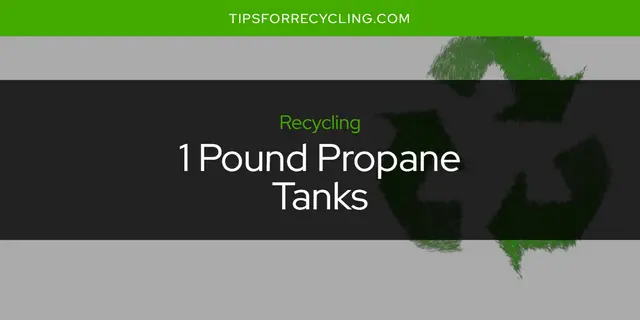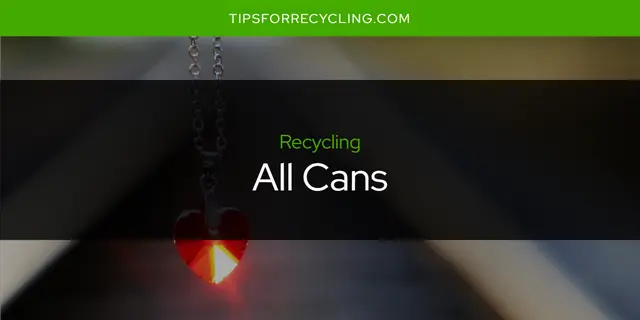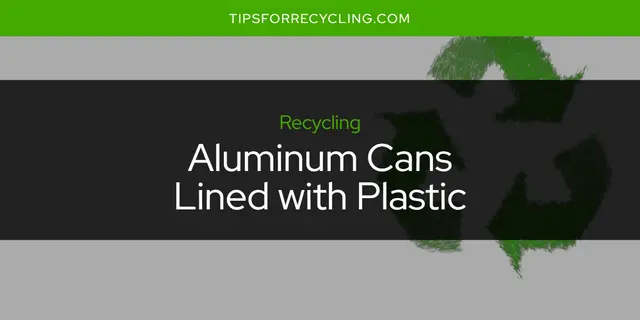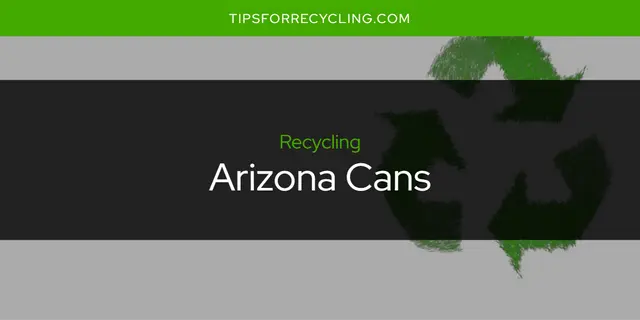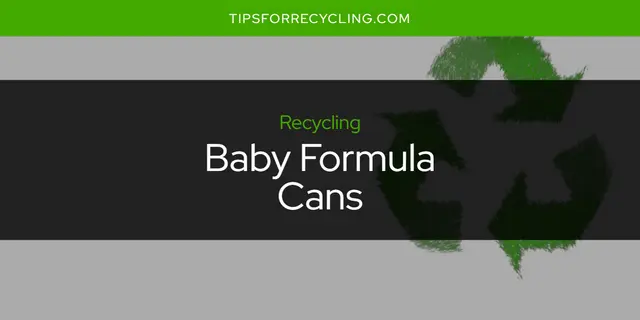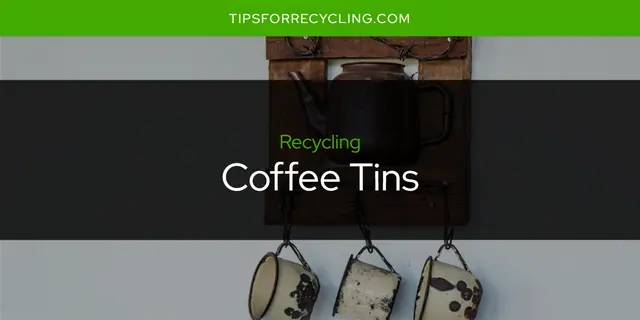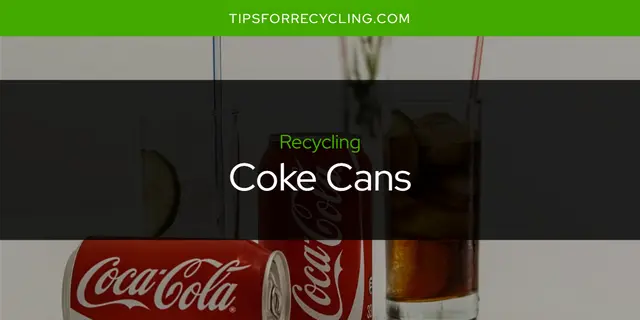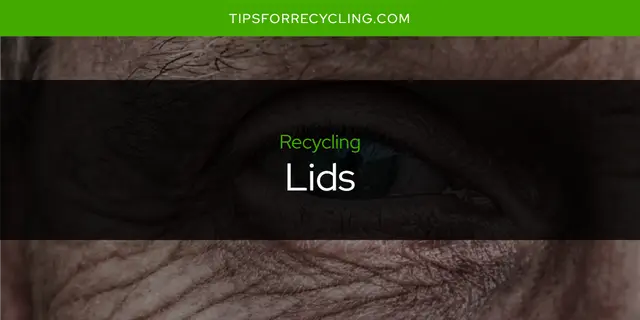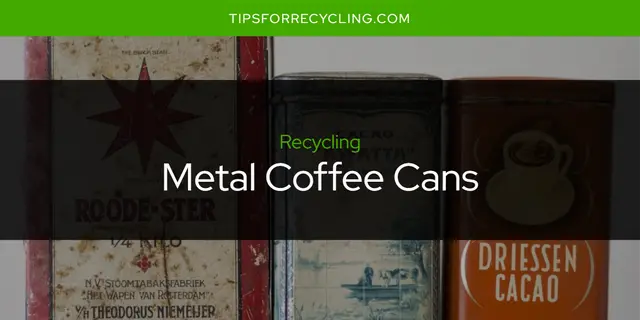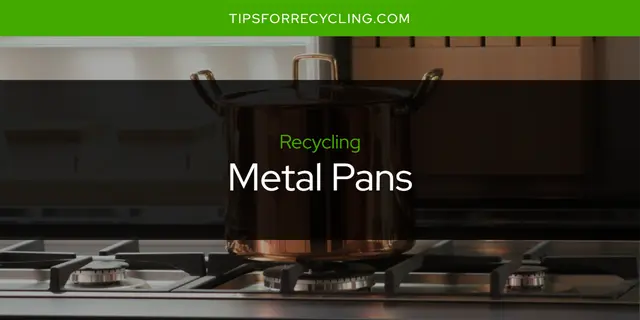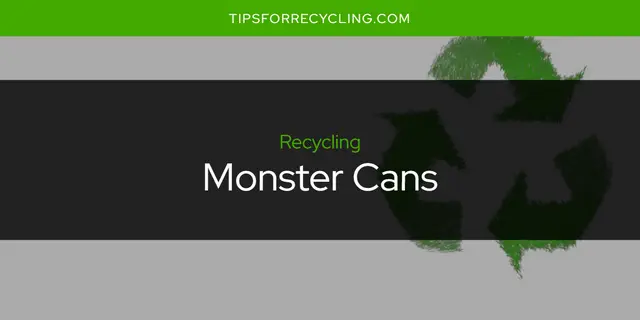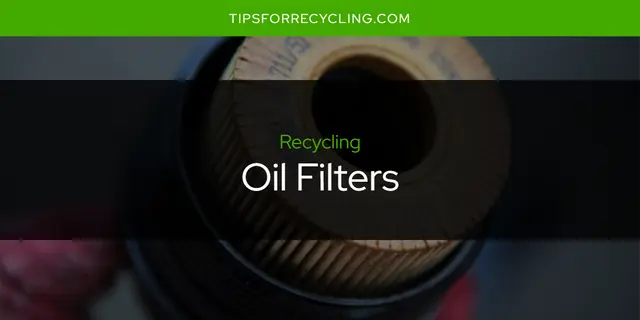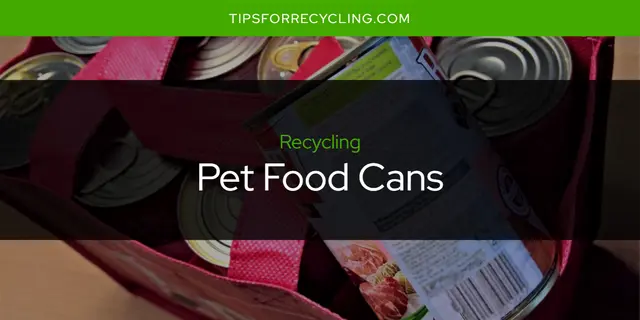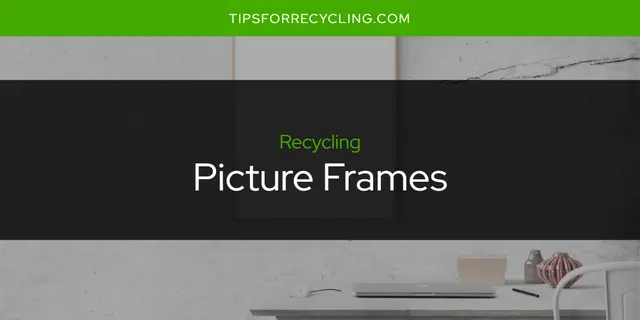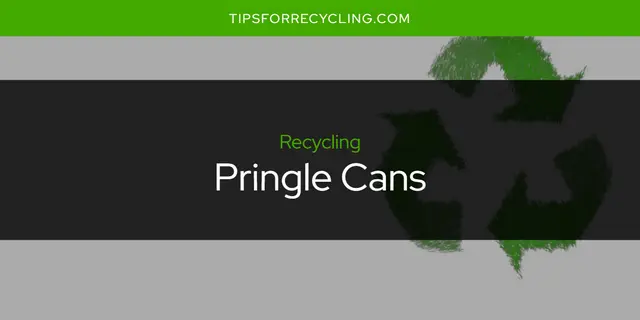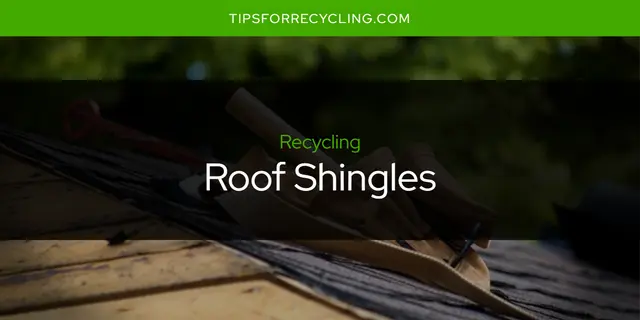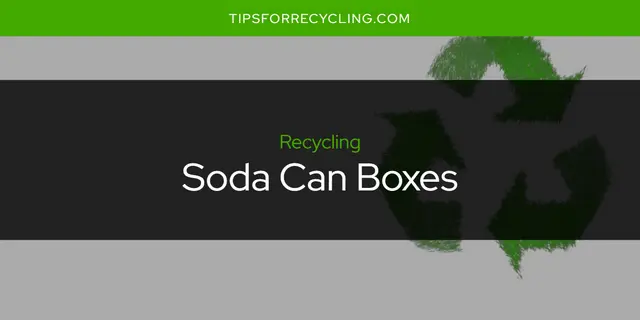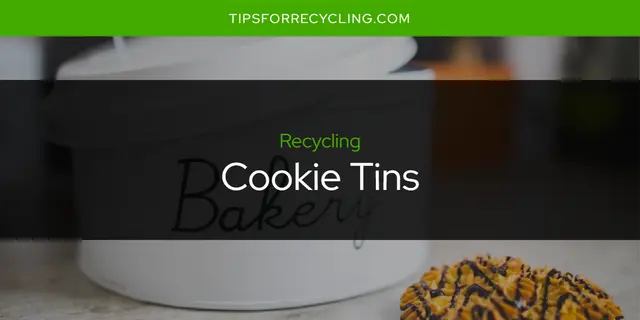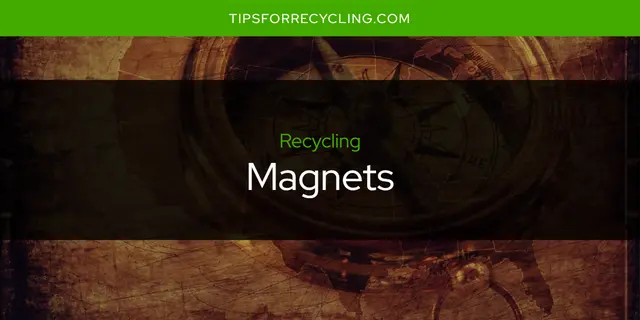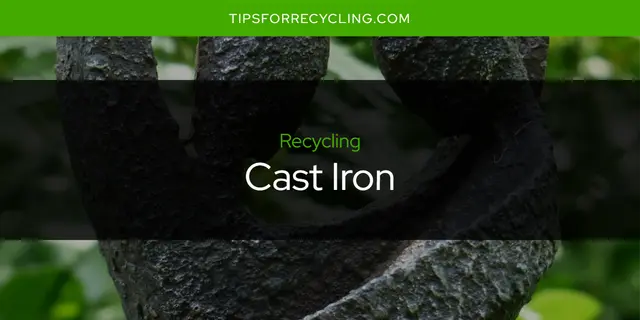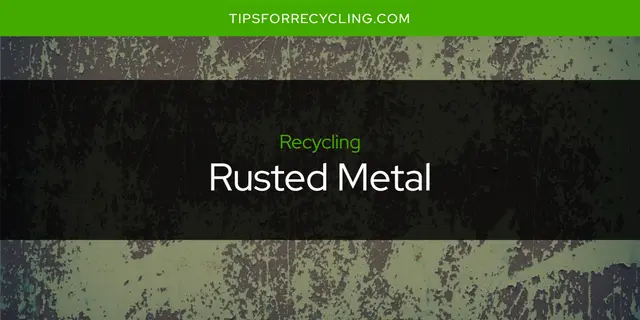Metal recycling is the process of gathering, sorting and processing scrap metal and turning it into reusable products. This includes iron and steel, aluminum, copper, brass, stainless steel and more.
Benefits of Metal Recycling
Metal recycling brings both environmental and economic benefits.
Environmental
The process of recycling metals helps to reduce air and water pollution by reducing the need for new materials to be mined and processed. Since it takes a lot of energy to manufacture new products from raw materials, metal recycling results in much less energy consumption and therefore fewer greenhouse gas emissions. It also conserves natural resources by reusing existing materials rather than extracting more from the Earth.
Economic
Metal recycling generates jobs in the industry which are necessary for its sustainability. The use of recycled materials for production is generally cheaper than using new ones, which can result in lower costs for consumers. It also reduces landfill waste and encourages manufacturers to produce more sustainable products.
Types of Metal Commonly Recycled
What types of metal are most commonly recycled? Well, everything from simple household objects to large industrial equipment!
Some examples are cat food cans, whipped cream cans, keys, aluminum pie pans, galvanized steel, helium tanks, foil pans, formula cans, stainless steel water bottles, beer cans, nonstick pans, pie tins, twist ties, brass, brass shell casings, guinness cans, metal water bottles, old pans, vinyl siding, and aluminum.
Ferrous Metals
Ferrous metals are metals that contain iron, and the most common type of ferrous metal used for recycling is iron and steel. These metals can be found in many everyday items such as cans, cars, household appliances, tools, construction materials and pipes. Steel is especially useful in manufacturing because it can be recycled many times without losing its strength or durability.
Non-Ferrous Metals
Non-ferrous metals are any type of metal that does not contain iron. Examples include aluminum, copper, brass, nickel alloys, and tin. These metals are often used to make more specialized items such as jewelry or electronics components because they tend to be more durable and lightweight than ferrous metals. Many non-ferrous metals also have special properties such as electrical conductivity or resistance to corrosion that make them ideal for certain applications.
Recycling these types of metal not only reduces the need for new supplies but also helps to preserve valuable resources by reducing waste. This makes it a great way to do your part in taking care of the planet while saving money at the same time!
How to Start Metal Recycling
Recycling metal is an effective way to reduce our environmental impact. It also helps preserve resources and furthers the sustainability of the earth. Here are a few steps to get you started with metal recycling.
Collect and Sort Metals
The best place to start is by collecting scrap metals from home or businesses. Anything made of aluminum, brass, copper, iron, lead, steel or tin can be recycled. Some items may contain precious metals such as gold and silver which will need to be separated and sent for additional processing. Items should be sorted based on their type of metal before being taken to a recycling centre or metal recycler.
Dispose of Contaminated Materials and Hazardous Waste Correctly
When collecting scrap metals, it’s important to be aware that some materials may contain hazardous waste or contaminants that cannot be included in regular metal recycling processes. These materials must be disposed of separately in an appropriate facility that can handle toxic substances safely. Taking necessary safety precautions when handling these materials is essential for protecting yourself and others from hazardous exposure.
Conclusion
Metal recycling is an important step towards protecting the environment and preserving our resources. By following the steps outlined above, you can easily get started with metal recycling and begin making a positive impact on the planet.



